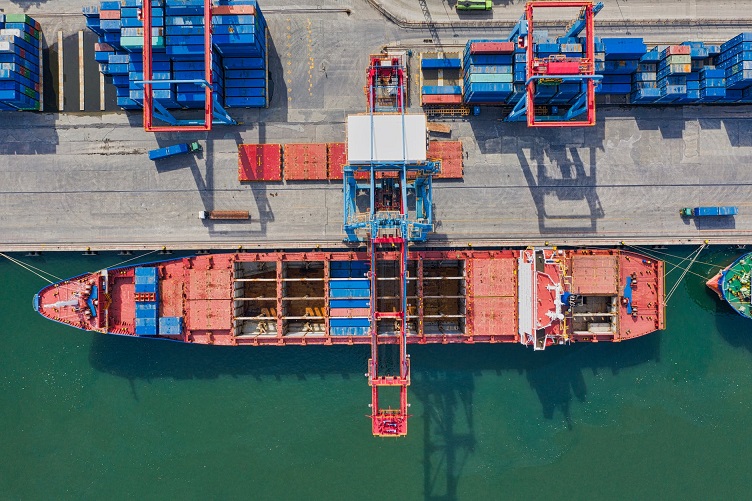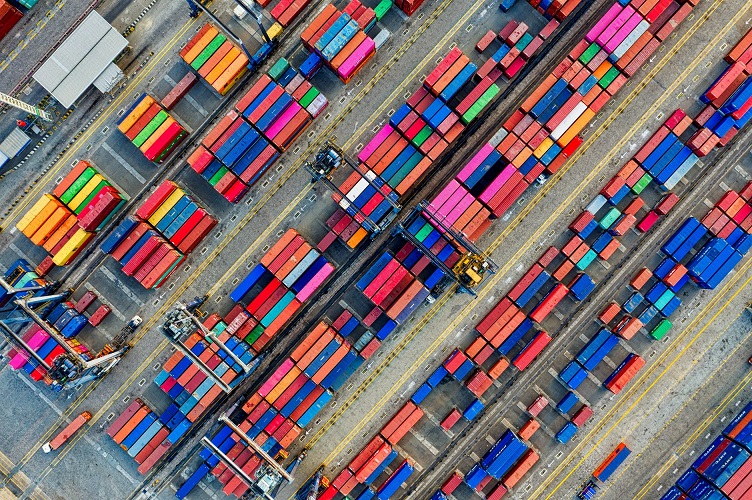This pandemic has exposed the inherent weaknesses of state functioning and questioned the very structure on which modern economies have been thriving.

The Policy Monitor

This pandemic has exposed the inherent weaknesses of state functioning and questioned the very structure on which modern economies have been thriving.

The medium-term impact of the pandemic on international trade and the degree of efficacy of anti-free trade measures depends on the ability of the domestic producers and service providers to scale up operations